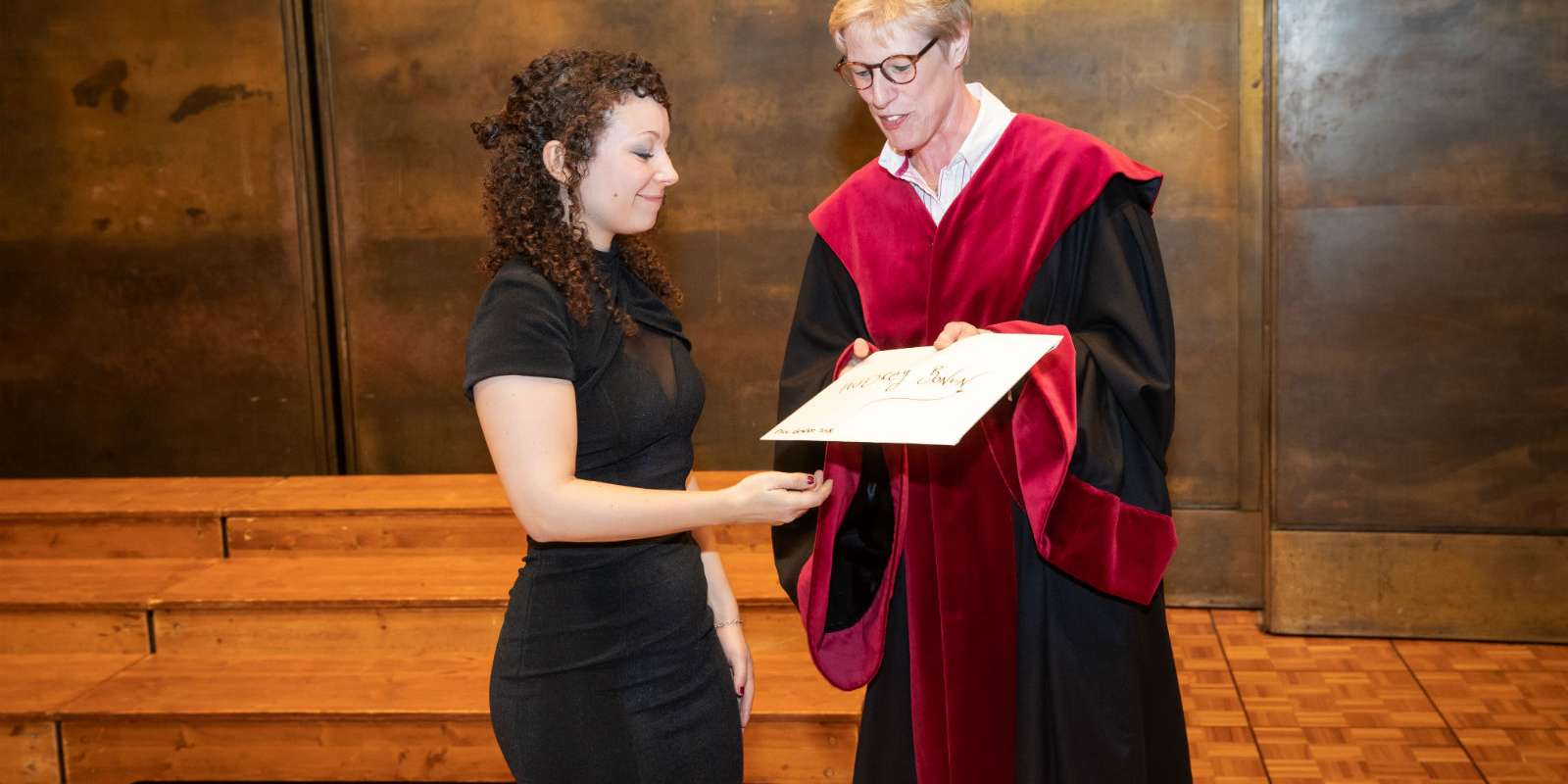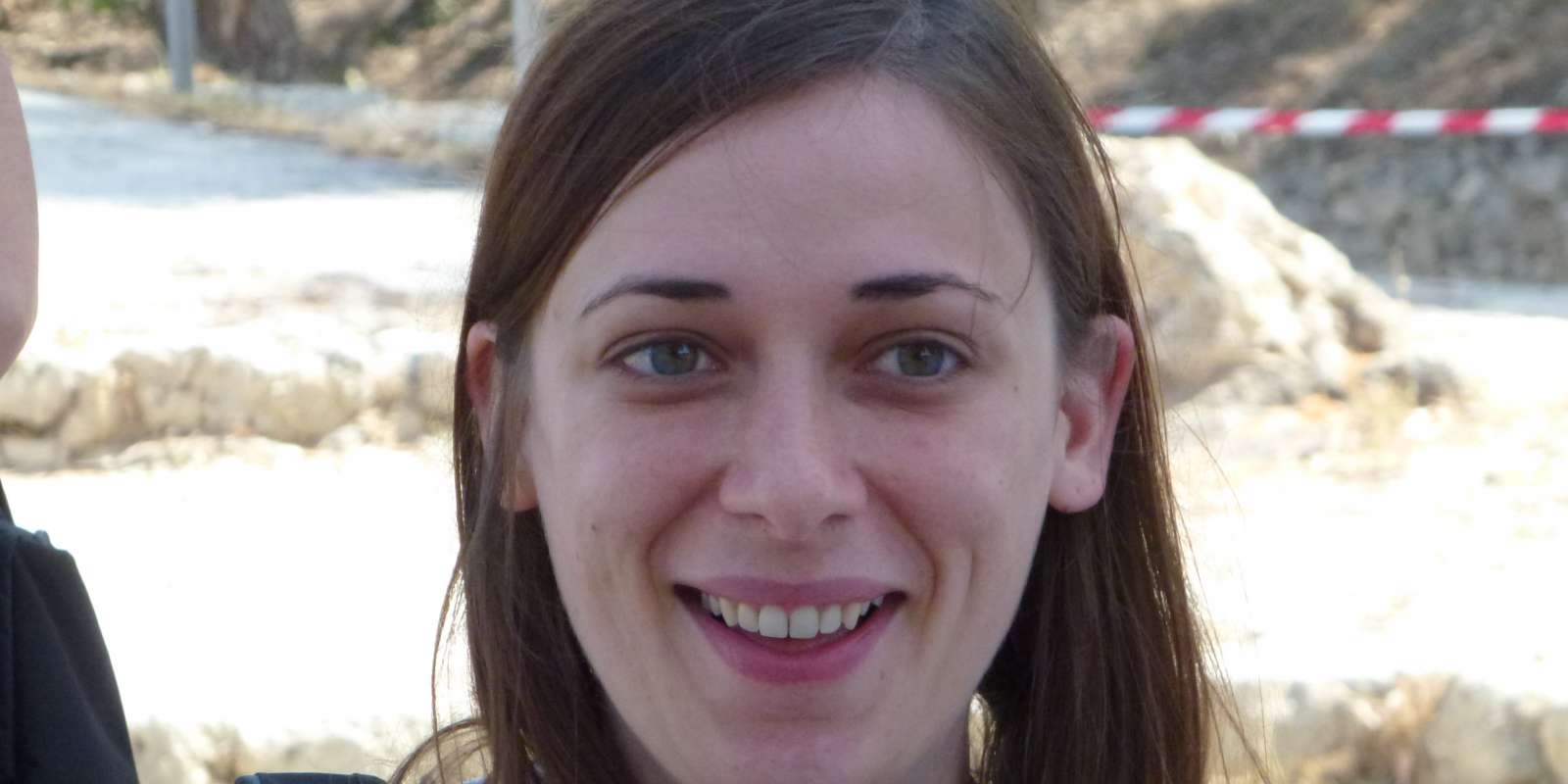Gender prize
2026 edition
Interested persons who meet the conditions listed below may submit their work together with a complete dossier, including a CV and list of publications.
Applications should be sent by email to the following address: egalite@unifr.ch
Deadline: 18 December 2025
Purpose
The Gender Prize of the University of Fribourg is designed
- to recognize high quality work that develops a theme and/or integrates a gender approach
- to promote interest in the gender perspective in research
- to give it greater visibility
Conditions
The Prize may be attributed to a member of the academic community, a graduate or a doctoral student of the University of Fribourg to award a master's thesis, a doctoral dissertation or any other scientific publication that develops a gender perspective and that has been completed at the University of Fribourg or published as a member of the University of Fribourg during the two years previous to the application. Articles or book chapters must be submitted with a dossier including a list of publications.
Jury
In addition to the scientific quality of the work, the originality of the theme and the integration of the gender dimension are particularly taken into consideration by the external experts, the Commission Equality, Diversity and Inclusion and the jury for the selection of the awarded work.
Prize
The prize is attributed every two years and is endowed with 3'000 CHF. It is awarded by the Equality, Diversity and Inclusion Commission on the occasion of the Dies Academicus.
Regulation (only in French or German)

This prize is awarded thanks to the generous financial support of the Zonta Club Fribourg.
Prizewinners
-
Edition 2024
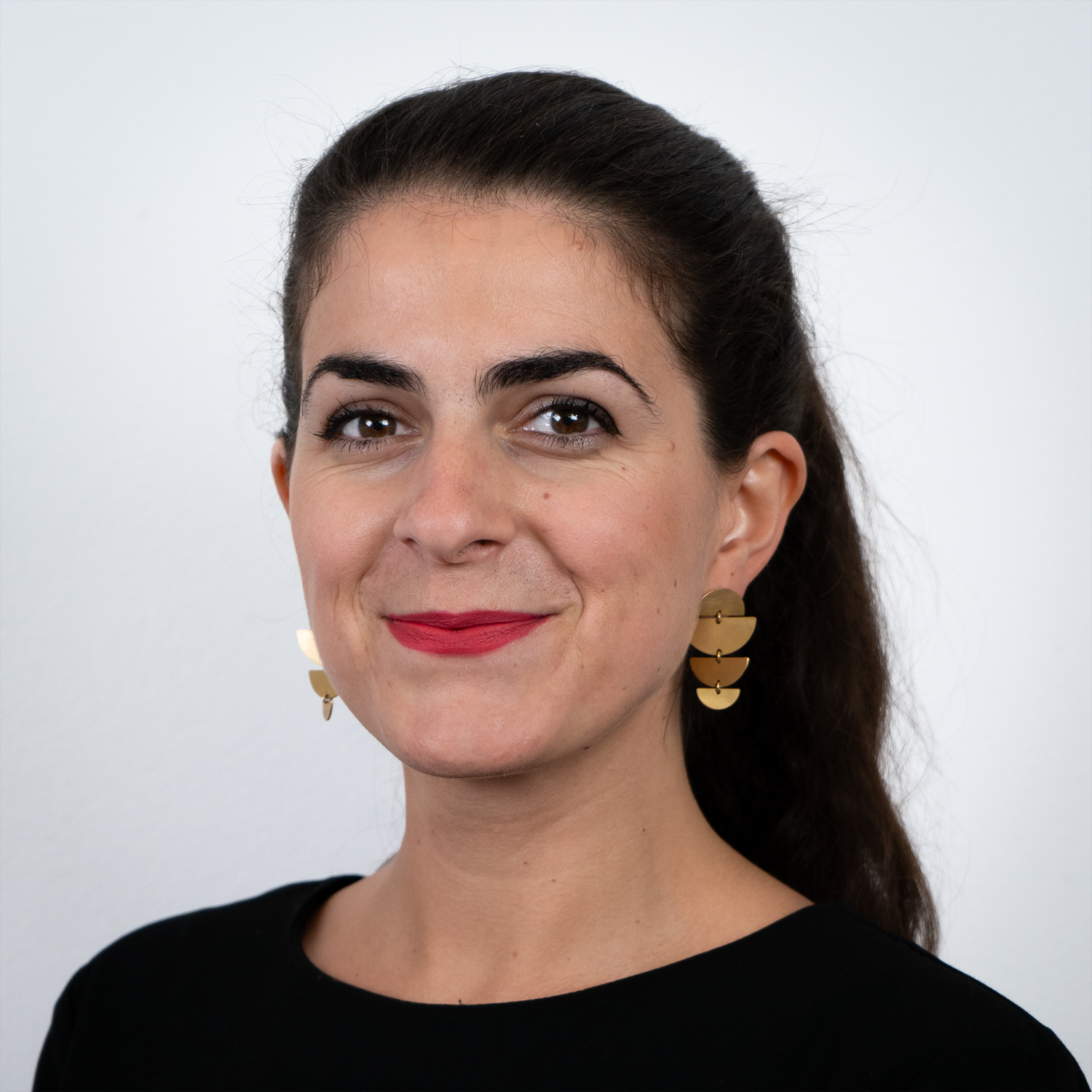
Sofia Balzaretti for her doctoral thesis « Le sexisme et le droit suisse, européen et international ; Pour une approche féministe du droit »
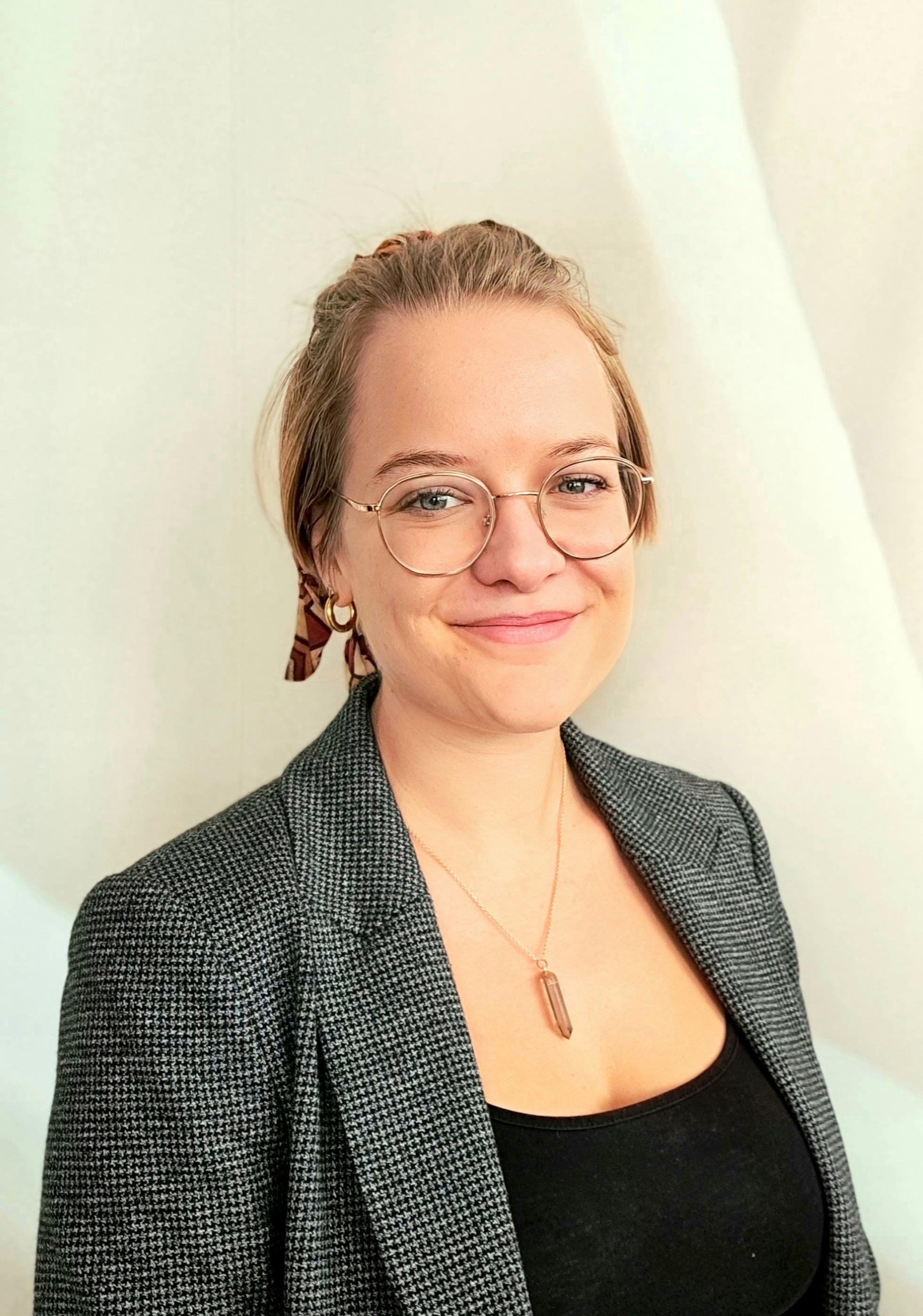
Nina Schuler for her Masters work « Problems in gynaecological care of gender dysphoric and gender incongruent individuals in Switzerland: a qualitative study »
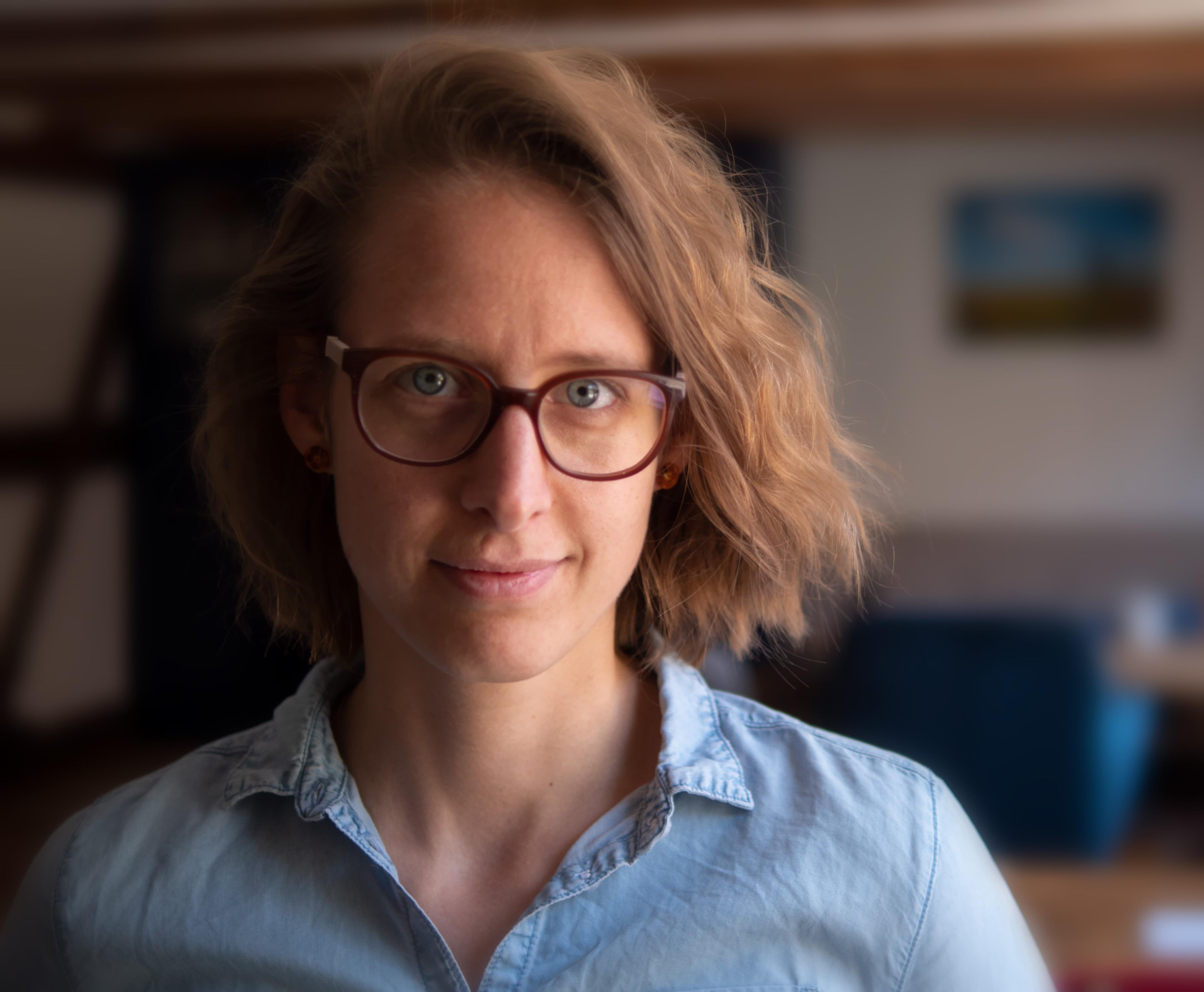
Nadia Seiler for her Masters work « Queering Goffmans Stigma ; Anhand des Ordens der Schwestern der Perpetuellen Indulgenz Berlin »
-
Edition 2022
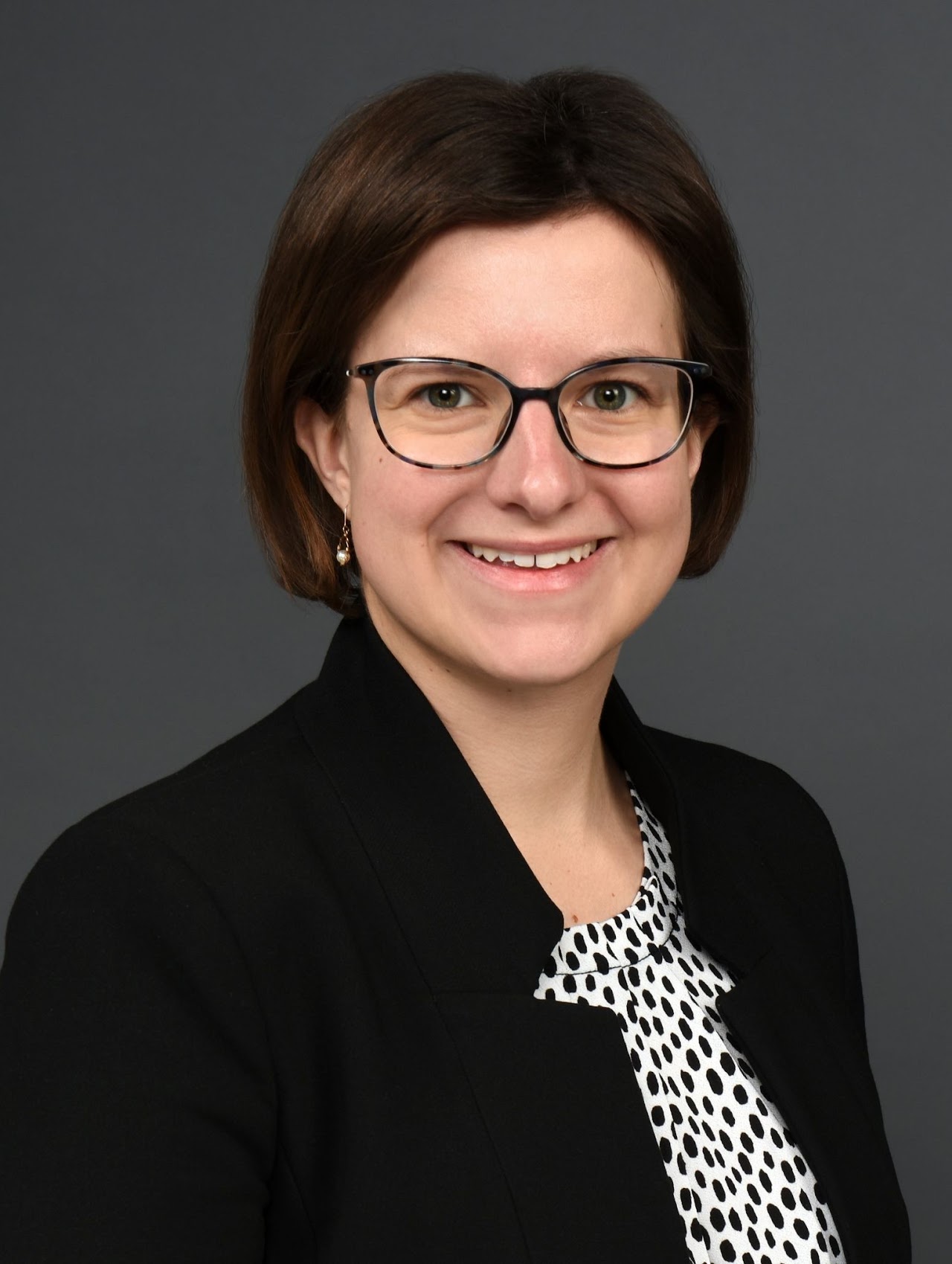
Selina Gangl received her PhD in Economics in March 2022 and is currently a post-doctoral fellow at the Chair of Statistics and Empirical Economics at Friedrich Alexander Unversität in Nüremberg. Selina Gangl's article "From homemakers to breadwinners? How mandatory kindergarten affects maternal labour market attachment" has a clear political dimension and is timely. The article provides important evidence that compulsory kindergarten promotes the employment of women and that such public action promotes equality between women and men.
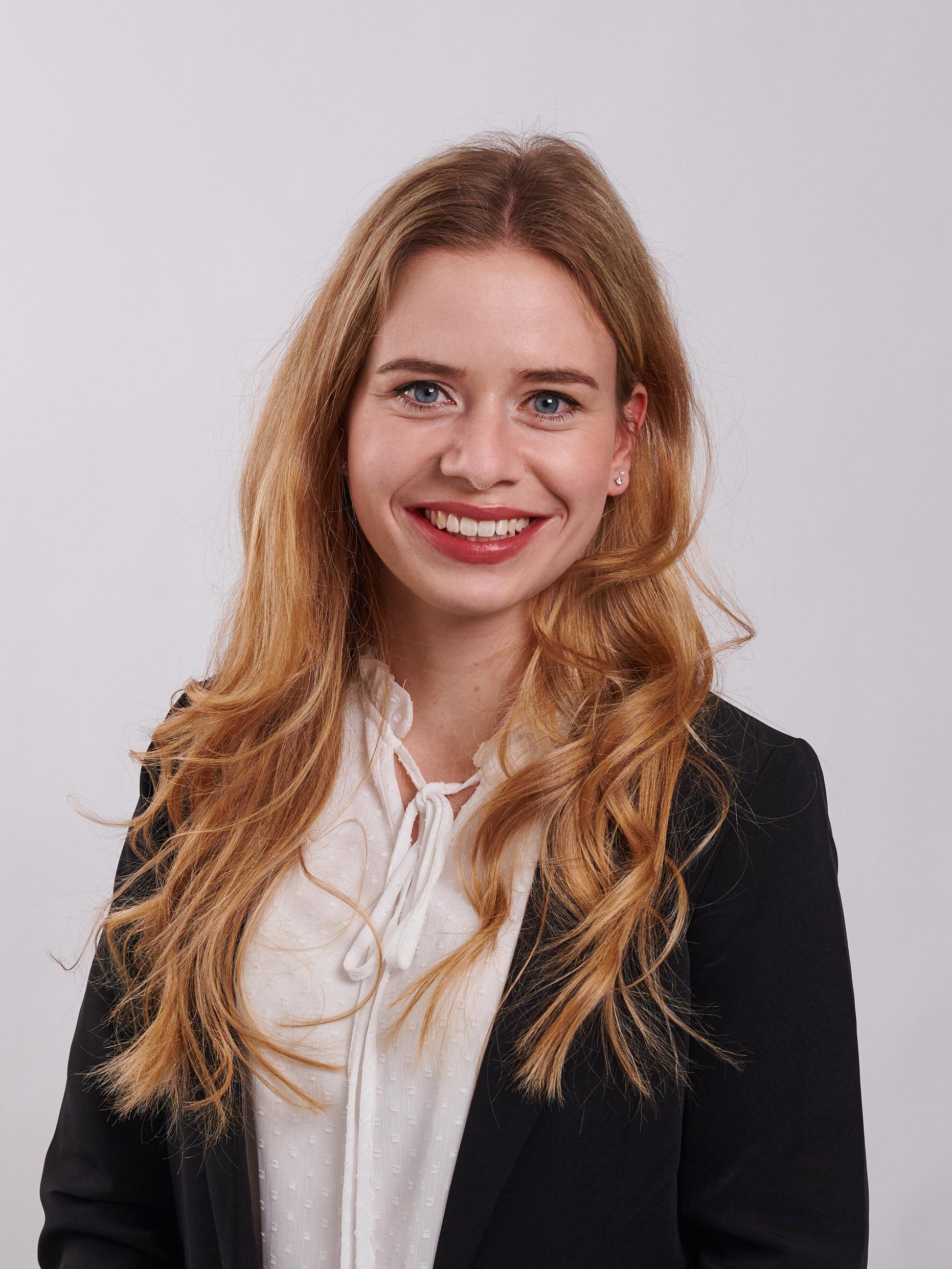
Chantal Mathys graduated in August 2021 with a master's degree in communication and media sciences and is currently Communication Manager at Planungs- und Ingenieurunternehmen Gruner in Basel. Her master's thesis "COVID-19: The Interplay of News, Gender and Politics in the Time of a Global Public Health Crisis ; A Content Analysis of Gender Differences in Political Media Coverage in Switzerland" is excellent. It addresses a current topic of the COVID-19 crisis through the gender differences in media coverage of politics in Switzerland. Her work explains well the existing gender bias in the media. Instead, it focuses on the gender aspects of media coverage, political leadership and health crises. It demonstrates why gender is important in this and other media coverage of politicians.
-
Edition 2020
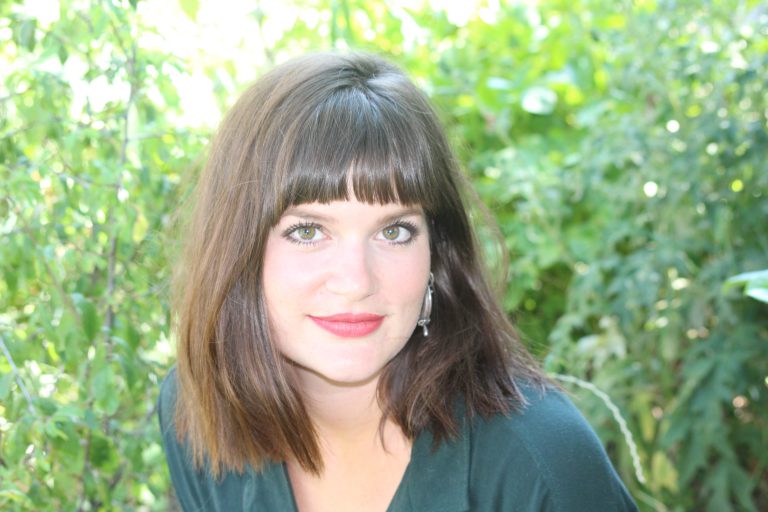
Morgane Pochon for her Masters work «Je voulais simplement faire revenir mes règles»
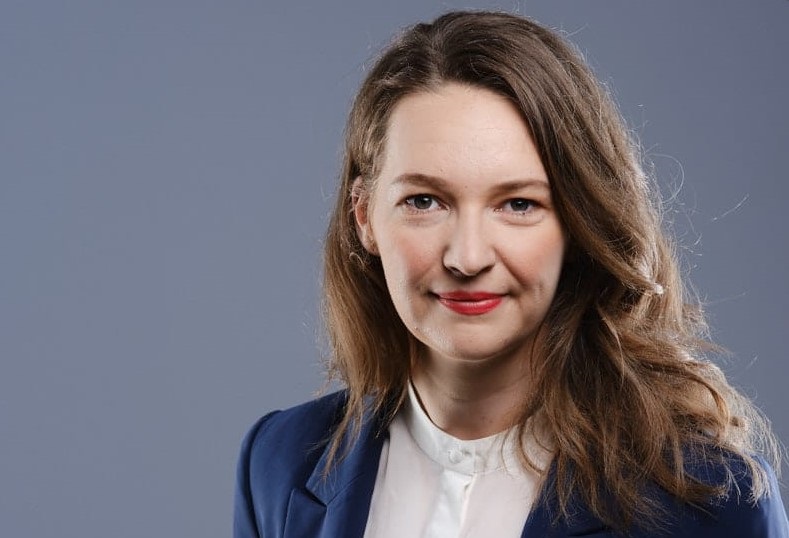
Anna Maria Koukal for her doctoral thesis «The Enfranchisement of Women and Foreigners in Switzerland. Lessons for Direct Democracy, Cultural Change and Integration »

Dominique Lysser for her Masters work «(Un-)Sichtbarketi im Museum – ein Blick auf die Historisierung und Musealisierung der KZ-Bordelle und der Sex-Zwangsarbeit in den KZ-Gedenkstätten Neuengamme, Flossenbürg und Ravensbrück».
-
Edition 2018
Audrey Bonvin for her Masters work at the Faculty of Arts
"Du whisky d’Outre-Atlantique à la Fée verte helvétique. Antialcoolisme, féminisme et puritanisme. Entre Etats-Unis et Suisse romande au tournant du 20ème siècle (1873-1913"Céline Dubois for her doctoral thesis at the Faculty of Arts
"Du fœtus à l’enfant dans le monde grec archaïque et classique : représentations, pratiques rituelles et gestes funéraires" -
Before 2018
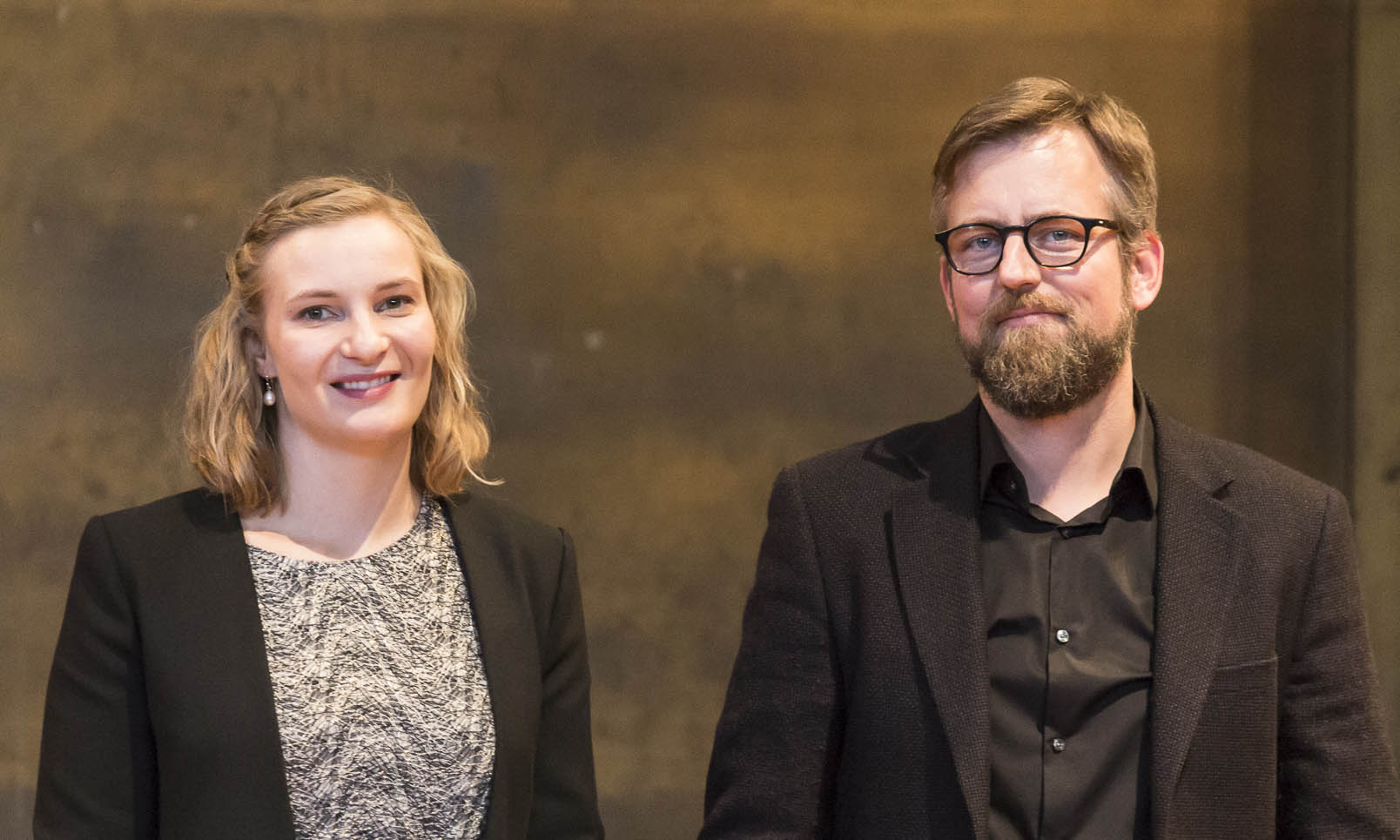
Edition 2016
Pascal Gygax et Ute Gabriel, « Gender and Linguistic Sexism »
Martina Werder « Geschlechtergerechte Förderung im Naturlehre-Unterricht – Theoriegestützte Entwicklung und Evaluierung einer Materialsammlung für die Sekundarstufe I »

